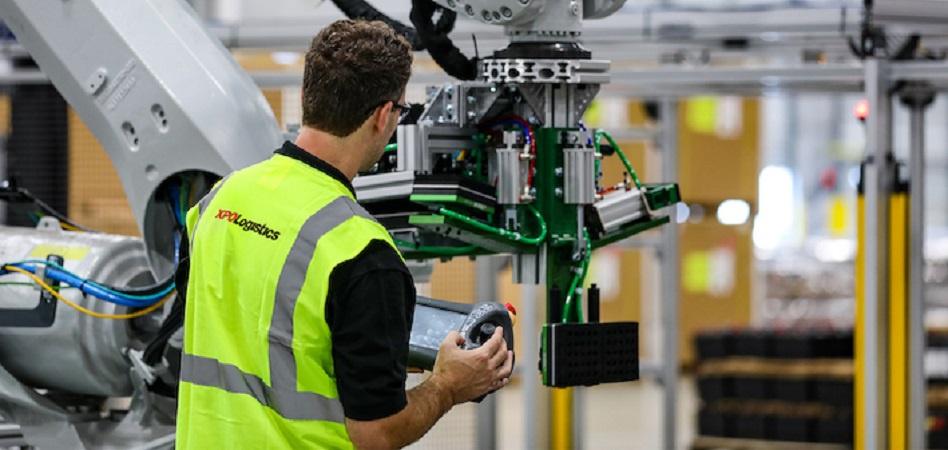Decisions issued in France about drivers using well-known apps could change the mobility business
France’s Supreme Court of Instance issued a ruling on December 5 that deemed Uber drivers in France should be considered an employee and not an independent contractor.
The decision follows a lawsuit two Uber drivers filed against the platform, after being fired after complaining about working conditions.
Drivers in turn sued Uber for unfair dismissal and for not paying social security contributions on behalf of their driver.
According to the ruling, the contract between Uber and the driver “is not included in the regulation of autonomous activities”, although this means that not all elements of the employment relationship are lost, but some are missing.
In this way, the contract between the driver and the platform is no longer considered a true commercial agreement for tax purposes.
French court decision could forever change the rules of the mobility app game
United Kingdom and working relationship with Uber Drivers
In the UK, Uber decided to challenge the decision in court, but lost and was found to be violating UK law.
According to the Court of Labor Appeals, Uber drivers are employees and should not be considered contractors.
In this way, it is said that the relationship between the driver and Uber is more like Employment contract.
The Court ruled that:
- The contractual agreement between Uber and the drivers is an “objective and subjective” agreement of the employment relationship
- that the drivers they have no real freedom to organize their work as they please or to negotiate with others about your working conditions
- That they do not run their own business, but work exclusively for TFL or another private rental operator
The court ruled in this case that Uber drivers cannot be considered bona fide entrepreneurs because there are no “genuine business risks” essential to self-employment.
Since drivers were paid by the hour and received tips, the Court found that they could not be considered independent contractors, but employees.
Another reason not to consider self-employed drivers is that they have to finish the training session before they can go out you they can only be online a maximum of 12 hours a day.
This means that they cannot act as entrepreneurs in the strict sense of the term, but rather perform tasks informed by their employer’s instructions and supervision.
In this way, the ruling ruled that Uber drivers cannot claim to be self-employed when suing their former employereven if they wanted to argue otherwise.
The ruling notes that Uber exercises considerable control over its drivers in many areas of their work. That is, controlled:
- how are drivers paid
- how are they assessed?
- who can be employed
- how much can they be paid?
- what promotions they can receive and even
- when and where the driver can drive
How about Uber in Canada?
The issue of laws not treating workers as employees unless there is a high degree of control from the employer may surprise some.
This was considered in court before the Uber case.
A case in point is the Canadian Supreme Court, which ruled that three workers who designed clothing for American Apparel Inc. should not be considered as employees because the company cannot exercise sufficient control over them to make them that way.
The Supreme Court must also decide whether the two people who rented call center space from Bell Aliant should be considered employees or independent contractors.
It was again decided that Bell Aliant did not have enough control over tenants to classify them as employees rather than independent contractors, according to an article on the site derechoenzapatillas.com.

“Entrepreneur. Internet fanatic. Certified zombie scholar. Friendly troublemaker. Bacon expert.”






